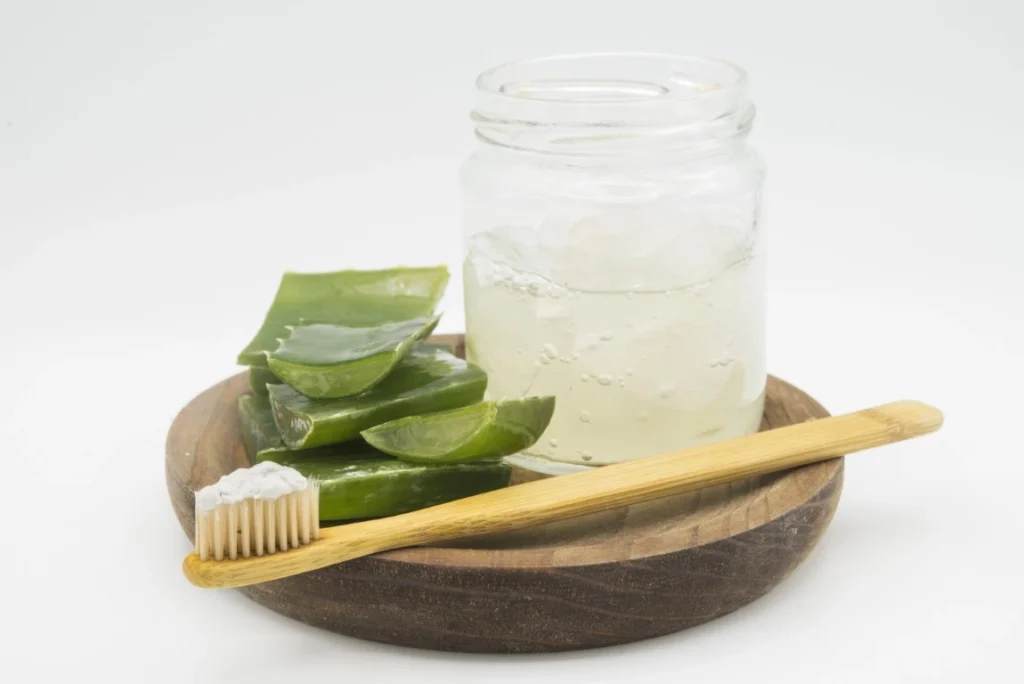In an attempt to avoid costly dental treatments, many people turn to home remedies. While these natural, do-it-yourself solutions can be beneficial, not all of them are equally effective. In fact, some can do more harm than good.
In this blog post, we’ll examine the effectiveness of common dental care home remedies, help you understand which ones to avoid, and provide advice on when it’s best to seek professional care at the dentist’s office.
Evaluating 6 Popular Home Remedies: Pros and Cons
In the age of the internet, it seems like everyone and their mother is constantly promoting new wellness trends, life hacks, and DIY solutions that claim to provide almost miraculous results. In the world of dental care, these home remedies often focus on oral hygiene, toothache relief, whitening solutions, and gum health treatments.
Many home remedies are time-tested traditions that have proven to be beneficial, while others are more dubious. If you’re tempted to try one of these at-home treatments because of their ease of access and affordability, ensure you perform thorough research before deciding to attempt them.

1. Oil Pulling
Oil pulling is an ancient practice that has recently gained popularity online. It involves swishing sesame, coconut, or sunflower oil in your mouth for 10–20 minutes to kill harmful bacteria, reduce plaque, and prevent bad breath. While studies have shown some promise, evidence of its benefits is limited. Oil pulling cannot replace brushing and flossing, as it’s not effective for treating cavities or gum disease.
For more information, check out “Oil Pulling for Enhanced Oral Health: Fact or Fiction?”
2. Saltwater Rinse
When it comes to home remedies for dental care, saltwater rinses are among the most effective. Dissolving salt in warm water and using it as a mouth rinse can reduce inflammation, help with wound healing, soothe minor gum irritations, and provide relief from post-extraction pain. In fact, saltwater rinses are often recommended by dentists.
However, overuse can dry out your mouth and irritate the soft tissues. Saltwater rinses are best used sparingly, and if symptoms persist, it’s a good idea to talk to your dentist.

3. Baking Soda for Whitening
Using baking soda for DIY teeth whitening is one of the most popular home remedies touted by online influencers, whether as a paste or a rinse. Many companies have even started selling baking soda toothpaste.
While it’s effective for removing light stains and reducing plaque buildup, it won’t address serious discoloration. Plus, excessive use can erode tooth enamel, leading to sensitivity. If you’re looking for effective ways to brighten your smile, talk to your dentist about professional teeth whitening options.
4. Hydrogen Peroxide Rinse or Gel
Hydrogen peroxide has many uses, from cleaning cuts and scrapes to removing stains from clothing. It can also be diluted and used as a mouth rinse or teeth whitening agent.
While hydrogen peroxide has proven to lighten surface stains when used properly, overuse can lead to gum irritation and damage the enamel. Like with other home remedies used for teeth whitening, it’s best to talk to your dentist and explore professional treatments that have shown to be safer and more effective.
5. Clove Oil for Toothache Relief
If you have a toothache, applying clove oil to the affected area can help to numb the pain. Because clove oil contains eugenol, it has a mild anesthetic effect and antibacterial properties, making it a natural solution for temporary pain relief.
That being said, clove oil should not replace professional dental care for serious infections or intense pain. If symptoms persist, you should call your dentist for expert advice.

6. Aloe Vera for Gum Health
You’ve probably used aloe vera gel to protect sunburned skin after a day at the beach, but did you know that it can also soothe gums and reduce inflammation? While it’s unreliable for severe gum disease or infections, applying a small amount of aloe vera to the gums can address the minor irritation that occurs during the beginning stages of gingivitis.
Which Home Remedies Are Safe to Use Regularly?
Even effective home remedies can cause harm if overused. While it’s okay to turn to DIY treatments on occasion, they should not replace standard oral hygiene practices like brushing, flossing, and professional exams and cleanings at your dentist’s office.
If pain or swelling persists, bleeding gums don’t improve, or you experience tooth sensitivity, it’s a sign that home remedies aren’t enough and it’s time to call your dentist. Prolonging professional treatment can worsen infections and disease and even lead to tooth loss.
Finding the Balance Between Home Remedies and Professional Care
At Eric Felt DDS, we’re committed to helping you reach your oral health goals. With a combination of at-home treatments and professional care, you can achieve the beautiful, healthy smile you’ve always wanted. Contact us today to schedule your appointment.


